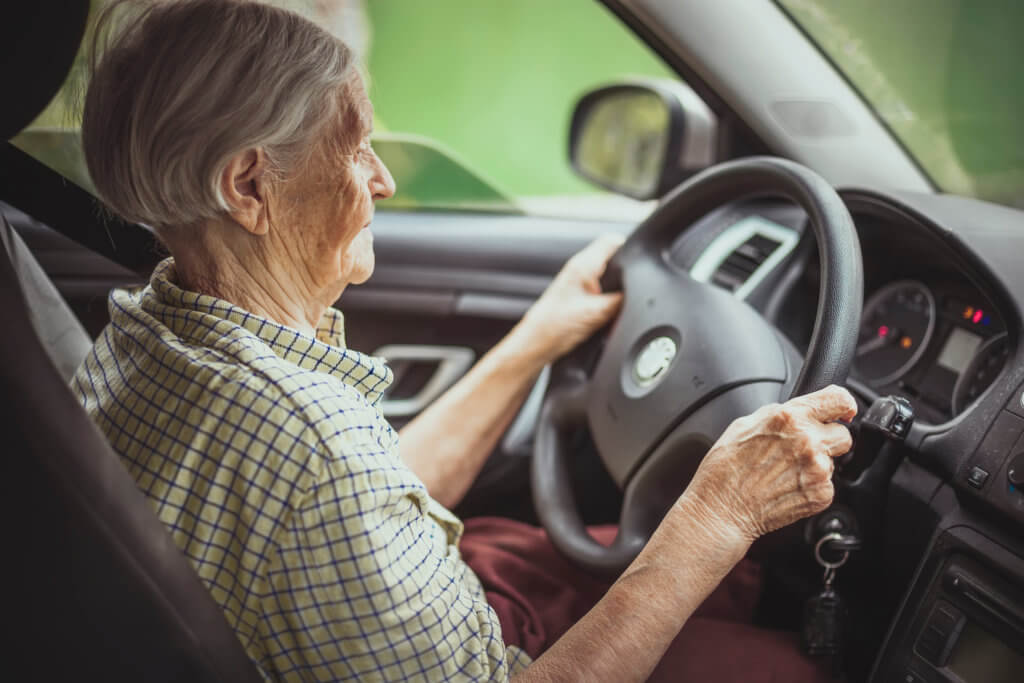An increasing number of car accidents involve older drivers, and scientists say it’s not just because of terrible memory. A new study from Nagoya University in Japan finds that as the brain ages, certain brain areas are more activated than others. Brain regions in charge of cognition slow down, resulting in longer decision and reaction times.
Meanwhile, brain activity associated with inhibition and switching tasks increases. This could explain why older adults mistakenly press their foot on the accelerator rather than the brake.
Researchers performed brain scans on older adults and students who were in the middle of a pedal-pressing simulation. The simulation involved participants correctly following a signal that would direct them to press the left or right button with their left or right foot, or their left or right hand. Sometimes participants pressed the pedal in front of them and sometimes needed to press it diagonally. The change in direction was used to measure how participants responded to situations where they would have to really concentrate on the task at hand.
Scientists were interested in studying the brain activation of the left dorsolateral prefrontal cortex during the simulation. The left dorsolateral prefrontal cortex is involved with inhibition and the ability to switch between tasks. Other measures included monitoring blood flow in the brains when performing the activity.
Older adults were likelier to have longer reaction times, slower decision times, and greater brain activation than younger students. Additionally, older adults had a slower reaction time to pressing the diagonal pedal and showed greater brain activation in their left dorsolateral prefrontal cortex than when they were instructed to press forward.
“This indicates that the cognitive load is higher when pushing the pedal diagonally with the foot, such as when pressing the brake,” explains Nobuyuki Kawai, a professor at Nagoya University and coauthor of the study, in a media release. “When you push a diagonal pedal with your foot, you are using the frontal lobe more than when you push the pedal straight in front.
“In particular, the left dorsolateral frontal lobe, which is important for response switching, is more active when the foot is pressed at an angle than when the pedal is pressed straight,” Kawai continues. “In these tasks, older adults have higher neural activity throughout the frontal lobe than college students.”
The study suggests older adults have to do more active thinking when switching between pedals during driving. Although this was not seen when performing the tasks with their hands. In a high-stress situation, such as parallel parking in a narrow space that requires a higher cognitive load, the study authors may struggle to complete the task safely.
“Elderly drivers should not be overconfident that their driving is fine,” adds Kawai. “Even elderly people who are normally able to drive without any problems, when a cognitive load is applied, such as when switching from one parking space to another or when talking to a passenger, things may be different, and there is a chance of pressing the wrong pedal. We believe that it is important to educate elderly drivers about this fact.”
The study is published in the journal Behavioral Brain Research.












